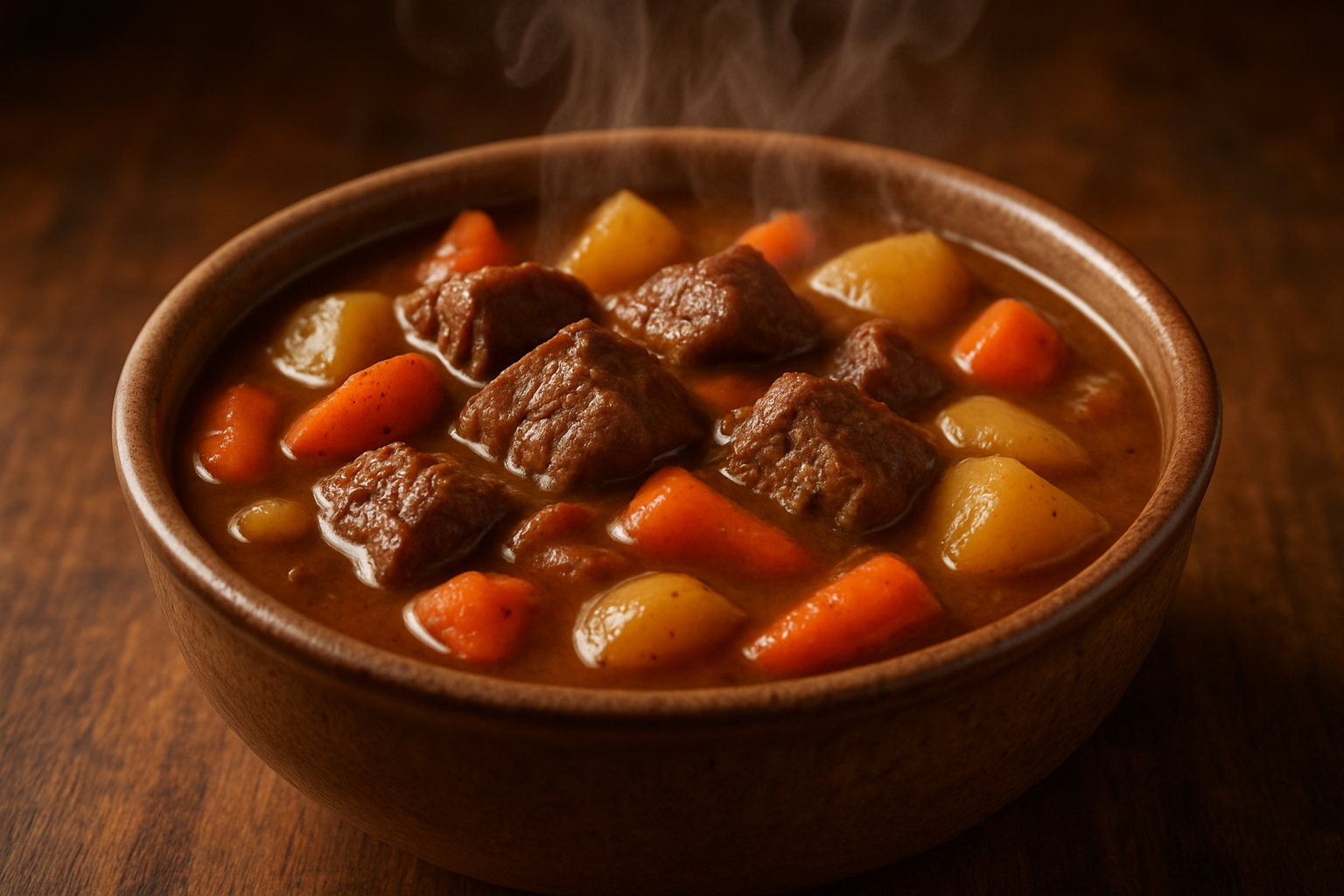Unlock the Magic of Nature Kitchen's Bereber Seasoning: A Fiery Ethiopian Treasure

Bereber Seasoning: History of cultural and Western uses.
Dive into the vibrant world of Bereber, a spice blend that ignites the senses with its bold, fiery essence and transports you to the heart of East African cuisine. Nature Kitchen's Bereber African Spice is an authentic nod to this iconic mix, crafted from premium, all-natural ingredients like ajwain seeds, allspice, black pepper, and a symphony of other spices, including chilli peppers, cumin, coriander, cinnamon, cloves, nutmeg, and fenugreek. Gluten-free, vegan, and bursting with exotic flair, this seasoning isn't just for traditional dishes—it's a versatile powerhouse ready to spice up your everyday meals. Whether you're exploring global flavours or seeking to add heat and depth to familiar recipes, Bereber promises an adventurous twist. Let's delve into its cultural roots, the ingredients that define its unique taste, and how to weave it into Western cooking, complete with six creative applications for meats, vegetables, dips, and sauces.
The Cultural Legacy of Bereber: A Shepherd's Spice from Ethiopia and Eritrea
Bereber, often spelt Berbere, has deep roots in Ethiopian and Eritrean culture, where it's been a staple for centuries. Originating from the nomadic shepherds of the Horn of Africa, this blend emerged from the need to preserve and flavour foods during long journeys across arid landscapes. Historically, it was pounded by hand using mortars and pestles, blending local herbs and traded spices from ancient routes connecting Africa, the Middle East, and Asia.
In Ethiopian households, Bereber is the soul of "wat" stews—thick, slow-cooked dishes like Doro Wat (spicy chicken stew) or Misir Wat (red lentil stew), where it's used generously to create layers of heat and aroma. It's a symbol of hospitality, often shared during communal meals eaten with injera, the fermented flatbread that doubles as a utensil. Eritrean cuisine employs it similarly in zigni (beef stew) or as a rub for grilled meats, reflecting a shared heritage influenced by the region's diverse ethnic groups like the Tigray and Amhara. Nature Kitchen's version honours this tradition, describing it as the "nomadic spice of the shepherds," perfect for seasoning lentil soups or rubbing on chicken and lamb to evoke those authentic, memorable flavours. Beyond sustenance, Bereber embodies community and resilience, passed down through generations as a cultural heirloom.
The Ingredients That Give It Its Distinctive Flavour
What sets Bereber apart is its complex, multi-layered profile: fiery heat balanced with earthy warmth, subtle sweetness, and aromatic depth. Nature Kitchen's blend starts with rare ajwain seeds for a thyme-like, slightly bitter note, allspice for fruity warmth, and black pepper for sharp pungency. Drawing from traditional recipes, it typically includes:
- Chilli Peppers: The star for that signature fiery kick, providing vibrant red color and varying heat levels.
- Cumin and Coriander: Earthy and nutty, with cumin adding a smoky undertone and coriander a citrusy lift.
- Cinnamon and Cloves: Sweet, woody notes that temper the spice, evoking a cozy, almost dessert-like warmth.
- Fenugreek: Bitter-sweet with maple-like hints, grounding the blend.
- Nutmeg and Ginger (in variations): Nutty richness and zingy sharpness for added complexity.
This combination creates a distinctive flavour that's intensely spicy yet harmonious—not just hot, but richly aromatic with hints of citrus, smoke, and sweetness. The result is versatile, allowing it to enhance savoury dishes without overwhelming them, making it a standout in both traditional and fusion cooking.
Applying Bereber to Western Cooking: Fusion with Fiery Flair
While Bereber thrives in East African staples, its bold profile makes it an exciting addition to Western kitchens, where it can replace or complement common seasonings like chili powder or Cajun spice. In the West, where meals often focus on quick, grilled, or roasted elements, Bereber adds exotic depth without requiring new techniques. Use it sparingly at first—its heat builds—to infuse roasts, soups, or veggies with an Ethiopian twist. Nature Kitchen suggests starting with lentil soups to transform the ordinary into something extraordinary, but it shines in fusion: rub it on burgers for a spicy kick or stir it into chilli for layered heat. This blend bridges cultures, turning everyday Western dishes into global adventures while staying true to its roots.
Here are six different ways to apply Berbere to flavour meats, vegetables, dips, and sauces:
- Meat Rub for Grilled Chicken: Mix Berber with olive oil and lemon juice for a marinade, then rub it on chicken thighs before grilling. The spice's heat and earthiness create a crispy, flavorful crust reminiscent of jerk chicken but with an African edge—perfect for Western barbecues.
- Vegetable Roast Enhancer: Toss root vegetables like carrots, potatoes, and sweet potatoes with Bereber, garlic, and oil before roasting. The blend's warm notes caramelise the veggies, adding a spicy depth that elevates simple sides to a gourmet level, ideal for pairing with roast dinners.
- Dip Upgrade with Yoghurt: Stir Berebere into Greek yoghurt or sour cream for a creamy dip. The spice's aromatic heat cuts through the coolness, making it a zesty accompaniment for crudités or pita chips—a fusion twist on ranch or tzatziki for Western appetisers.
- Sauce Booster for Tomato-Based Dishes: Add a teaspoon of Bereber to pasta sauce or chilli con carne. Its chilli and fenugreek notes intensify the tomato's tang, creating a bolder, more complex flavour profile that transforms basic Western sauces into something exotic.
- Meat Stew Seasoning for Beef: Incorporate Bereber into slow-cooked beef stews or pot roasts. The blend's cumin and cloves meld with the meat's juices, offering a spicy alternative to bay leaves or thyme, turning a classic Western comfort food into a warming, global delight.
- Vegetable Stir-Fry Spice: Sprinkle Bereber over stir-fried greens like kale or broccoli with onions and garlic. The spices coriander and ajwain add an aromatic lift, making a quick Western veggie side dish pop with Ethiopian-inspired heat and depth.
Whether you're honouring its Ethiopian origins or experimenting in your Western kitchen, Nature Kitchen's Bereber African Spice invites bold creativity. Grab a jar from naturekitchenshop.com (available in various sizes, including convenient 60g pots) and let this fiery blend awaken your meals—your palate will embark on an unforgettable journey!





